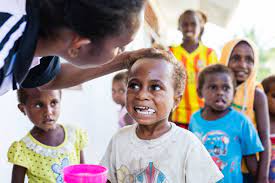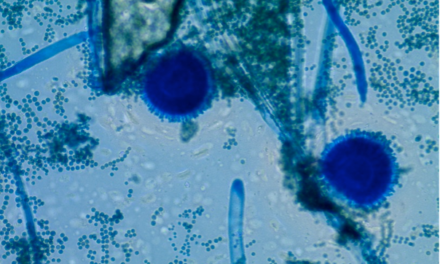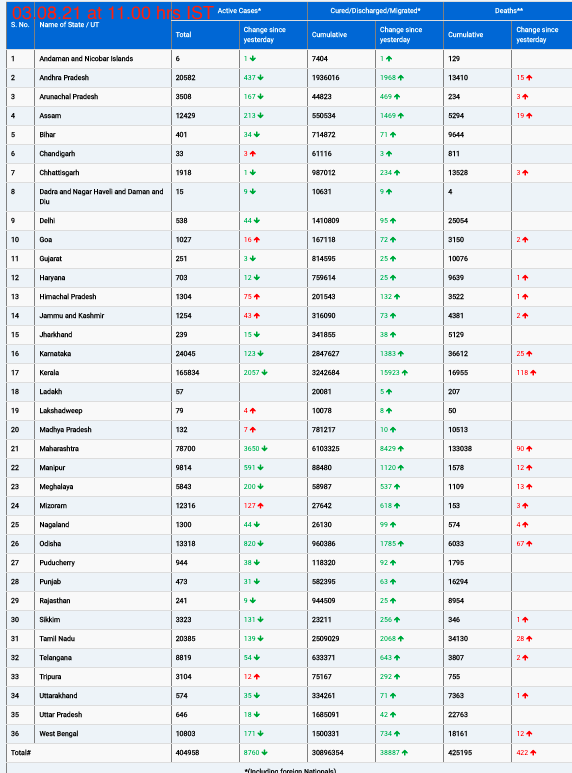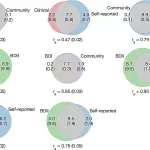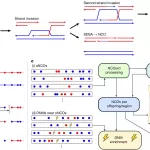A manual designed to help health workers to better administer and manage the safety of people who benefit from free medicines for neglected tropical diseases1 (NTDs) has been published by the World health organization (WHO).
The manual, “Safety in administering medicines for neglected tropical diseases”, provides practical tools including training modules and job aids to further improve the planning, preparation and monitoring of safe administration of medicines mainly to treat the 5 NTDs amenable to preventive chemotherapy.2 and also for diseases that require individual case management3.
“The manual does not make new recommendations, but aims to consolidate and emphasize the critical aspects of WHO’s existing guidance on the safe and efficacious administration of medicines to more than a billion people a year,” said Dr Denise Mupfasoni, Technical Officer, WHO Department of Control of NTDs. “It is intended to improve the work of programme managers, public health workers, community drug distributors, regional and country office staff, nongovernmental organizations, and other implementing partners and donors who support such activities.”
Although the manual can be used as a standalone reference document, it should be employed in conjunction with its accompanying training modules, which provide practical instruction, as well as the annexed aide-mémoires.
“The safety of people receiving medicines to treat and eliminate NTDs is a primary concern for WHO,” said Dr Jonathan King, Team Lead, Community and Primary Care Based Interventions, Department of Control of NTDs. “This manual supports broader visions of Universal Health Coverage and the NTD road map for 2030 through the promotion of safe, high-quality, people-centred interventions available to all persons affected by NTDs.”
Medicines for NTDs, mainly donated by pharmaceutical companies, are manufactured under stringent regulatory authority guidelines or are prequalified by WHO. To ensure their safe administration, WHO has already published formal and informal guidance, including on the management of serious adverse events.
“Acceptance of, participation in, and success of NTD treatment campaigns rely on the trust of those ingesting the medicines” said Dr David Addiss, Director, Focus Area for Compassion and Ethics, Task Force for Global Health who was part of the team that drafted the document. “Ensuring safety is critical, both for medicines given to individuals during mass treatment programmes and for those administered in clinical settings to patients who require individual management of diseases”
Large-scale treatment campaigns against NTDs, supported by diverse partners and stakeholders, have treated more than 1 billion people annually over the past 5 years. The NTD road map for 2030 aims to foster a “culture of safety” and recommends a continuous cycle of assessing current practices in administering medicines and attending to individual and systemic safety gaps.
Safety is embedded in all aspects of NTD programmes, including training; supervision; supply and management of medicines; individual treatment and large-scale treatment campaigns; communication with communities; programme monitoring; and prompt investigation and reporting of serious adverse events.
Safety-related goals, objectives and activities should be articulated in the NTD master plans of all countries.

